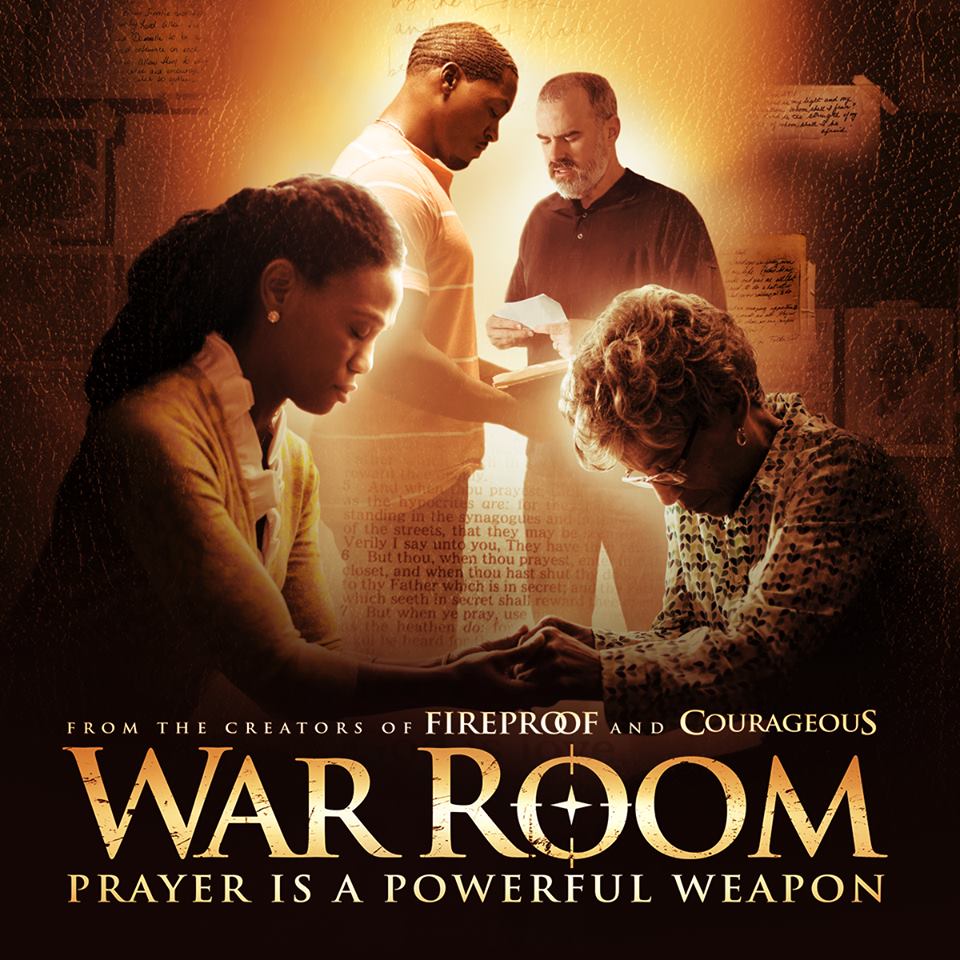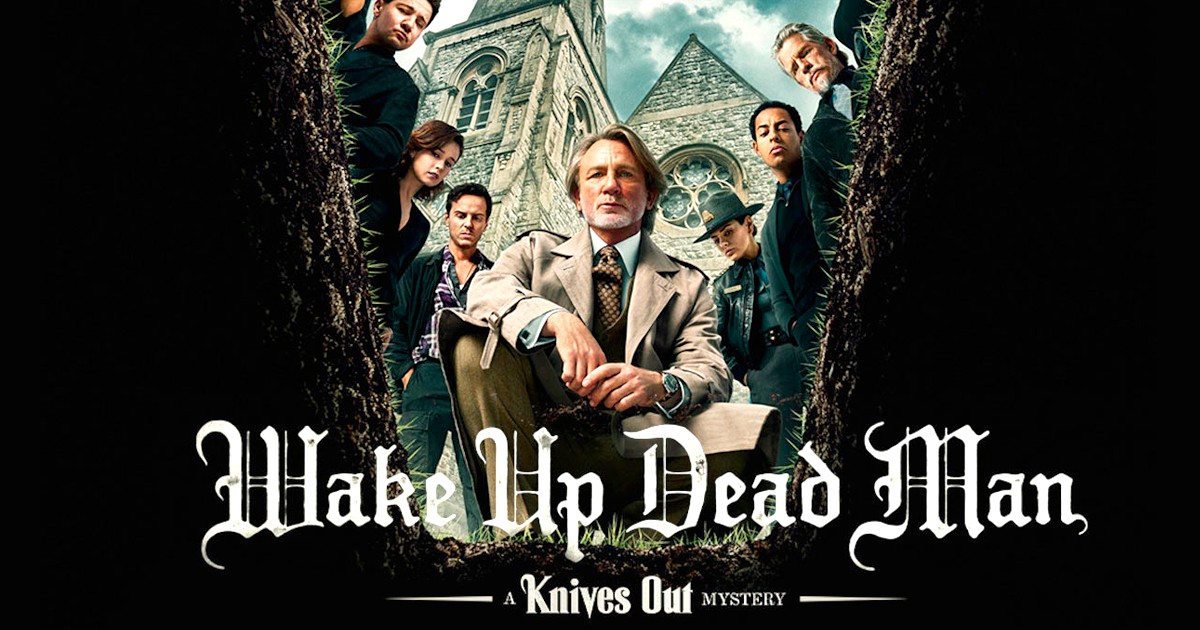As a Christian, I am regularly disappointed with the way Christianity is portrayed in these films and how non-Christians are represented as embittered, judgmental and foolish. The message of these films is if the characters just had Jesus, everything would be OK. What's implicit, of course, is that they must understand the message of Jesus in exactly the way the filmmakers understand it.
War Room is no different: the characters are stock, the narrative predictable. And despite the fact that it found an initial audience (it was the top-grossing film for one week), I'm not convinced the movie is going to have any real cultural impact or longevity.
The real question I have with films like this is: Who is the intended audience? Are these stories meant to reassure and comfort people of faith? Are they supposed to be an evangelistic tool to present the message of the gospel to a wider audience? Beyond “people of faith” (more accurately, people of a particular kind of conservative, evangelical faith), I don't imagine many film viewers would find much substance here. That's not to discount the positive experiences Christian filmgoers have had with the film—I have heard from many people who found it uplifting—but being Christian doesn't make something good. And so, while I respect people's positive experience of this film, I also want to raise two troubling aspects: its view of prayer and militarism.
1. Prayer
Don't misunderstand me—prayer is important. But what I found troubling was the way the film privileges a particular type of verbal, intercessory prayer. Real praying, according to War Room, is asking God to intercede on behalf of ourselves and others. The pray-er receives answers and blessings because she asked God. To me, this smacks of a “soft prosperity gospel,” in which praying leads to a better life. So when Elizabeth (Priscilla C. Shirer) starts praying, she saves her marriage—without the need of therapy or counselling.
Prayer is not limited to one form. The film has little to say about silent prayer, prayer of praise and thanksgiving or praying the Psalms. What about the various contemplative forms of prayer being reintroduced to the Protestant church?
2. Militarism
I realize that I'm writing this for an almost wholly Salvation Army audience and some of you might not like this, but many people are turned off by Christians describing their faith in war terminology. It suggests a violent, aggressive characterization of God and God's followers. It's even more concerning when that view is coupled with the conservative values espoused by the Christian right in the United States.
As the box-office numbers tell us, there is a market for films like War Room and its predecessors Fireproof and Courageous. But I long for films that encourage Christians to examine their beliefs in a way that doesn't limit Christianity to a small set of key values. I long for a time when movies made by Christian filmmakers are praised in the way that the novels of C.S. Lewis or Madeleine L'Engle are praised, despite their overtly Christian themes, by Christians and non-Christians alike.
Michael W. Boyce is the head of the English and film studies program at Booth University College in Winnipeg.










My response to the article by Michael W. Boyce begins with, "War Room is a movie and obviously it is not the Bible." sorry for the confusion!